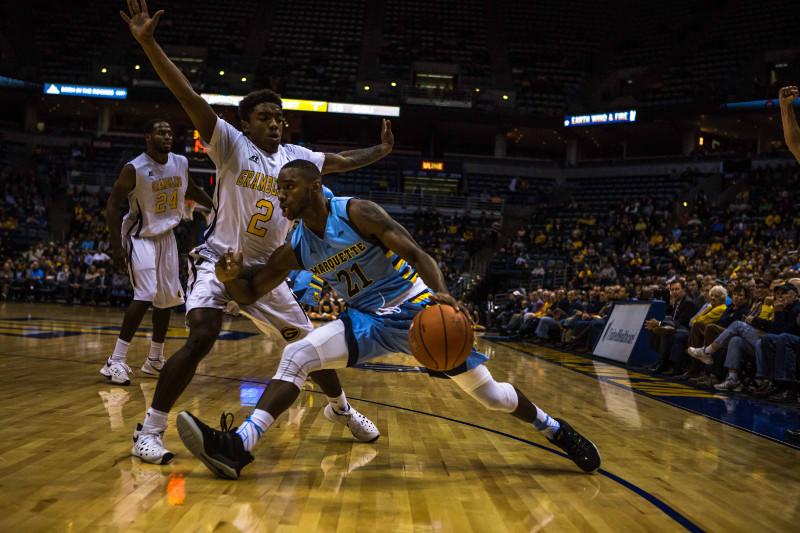The Grambling State University football team made a huge statement Saturday without even setting foot on the gridiron.
The Tigers (0-8) caused a national stir as players boycotted several practices and their scheduled matchup against Jackson State due to concerns with the state of the program.
Player dissatisfaction sparked Sept. 11 when coach Doug Williams was fired just two games into the season. The university did not disclose the motives behind the firing, but a report by USA Today said Williams attempted to privately raise funds to improve athletic facility conditions without going through official university channels.
Chipped floors, leaky ceilings and mold in the locker rooms coupled with long bus rides, sometimes spanning up to 1,500 miles, escalated frustration.
The boycott ended Monday, as the team returned to practice and promised to play out the rest of the schedule. The university, in turn, agreed to take actions toward improving the program, including the devotion of about $32,000 toward new floors for the weight room.
Senior defensive back Naquan Smith, who emerged as a vocal leader of the movement, told USA Today that he and his teammates don’t regret their decision.
“It was tough, but we had to take a stand to get our point across,” Smith said. “If we didn’t take a stand, things would have been the same.”
It would be easy to champion the players’ efforts at a rally for change. Standing up for fair treatment, after all, is a very American thing to do. It’s ingrained in our culture.
But yesterday, a proposed lawsuit provided a reality check regarding the harm committed by the forfeit. Saturday was supposed to be Jackson State’s homecoming game and Eric Stringfellow, the executive director of JSU communications, said the Tigers expected “tens of thousands of fans” to attend.
“The JSU family was damaged,” Stringfellow wrote in a message to alumni and school supporters. “The university intends to use litigation to be made whole for our direct and indirect financial losses. Jackson State University’s and the city of Jackson’s losses could be in the millions.”
Figures on both sides of the conflict, notably Grambling State University President Frank Pogue, view the national recognition of Grambling’s financial problems as a silver lining. The poor conditions can indeed be attributed to decreased state funding over the last decade due to legislative budget decisions.
In this sense, the forfeit embodied a justifiable call for immediate change, but the collateral damage cannot be ignored. While Smith and his teammates rightfully felt neglected, it’s evident that their decision to boycott the game unfairly neglected the interests of their opponent.
Their mission, it seems, was accomplished as their voices were heard loud and clear across the country. But ultimately, the team’s specific actions may have been too drastic, as its message could have been sent in a less harmful manner.



